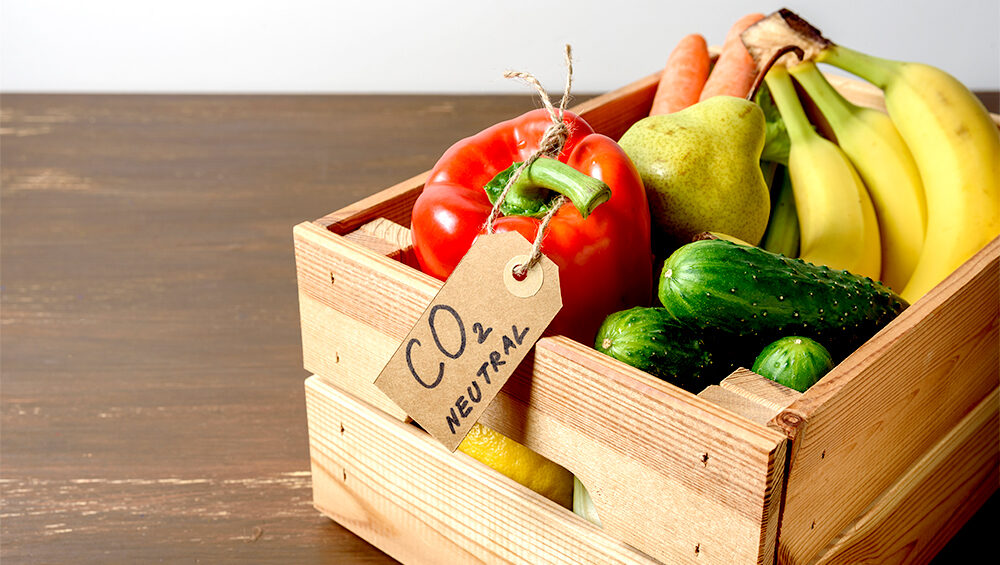Do you know how far your food travels? Have you heard of the term “food miles”? Read on to learn more!
Food miles
The concept of “food miles” may be relatively new for most people in India, but it is one that needs to be made more popular, allowing us to be more informed consumers. “Food miles“ refers to the distance your food travels before it reaches your kitchen. It is the distance your food travels, from the farm to your plate. Dry produce, such as rice, wheat, flour, cereals, etc, has a longer shelf life than vegetables and fruits, but it too has to travel a considerable distance before it reaches us. The distance that these foods travel has an impact on the environment that a lot of us tend to not give much thought to.
Carbon footprint
Moving necessary condiments from a faraway place adds to the carbon footprint. Given that growing global warming is a rising concern for us, consuming food that has travelled from faraway places is unnecessary, according to experts.
It goes without saying that transporting food items like grains, vegetables, fruits, etc. from distant locations is expensive and uses a lot of fuel. The use of fossil fuels is at an all-time high, and we can very well see the effects of it all around us, every day. It negatively impacts our environment and biodiversity.
Social Media
Social media also plays an essential role in creating demand for food that travels miles. For example, the trend of having avocado on toast for instagram worthy photos increases the demand for such fruits in the country. Indeed, the demand for exotic fruits has multiplied as a result of the popularity of fruit bowls and smoothies targeted at social media users.
Solution
This begs the question, do we really need to spend so much money and fuel in order to get our daily nutritional needs met?
Making the switch to organic, locally produced grains, vegetables, and fruits has been proven to be more cost-effective and environmentally friendly by producing less carbon dioxide, carbon monoxide, and other harmful gases during transportation. Another major benefit of going local is the boost it gives to the local agriculture and economy. Farmers and small businesses producing food ethically are few in number, but they do form an important part of our economy. Supporting local farmers and dairy producers can actually help improve their financial condition, and it would also bring down the cost of the product and be less of a burden for the customer.
At Purity Prayag, we are always very conscious of our carbon footprint, so we make sure to source all our produce, especially fruits and vegetables, including apples, bananas, and more, from local farms. We source our milk from local dairy farmers who make sure the cows are always in good shape, are always kept on a strict but healthy diet, and do not receive any unnecessary chemicals or antibiotics that might affect the quality of the milk. We also make sure that our food grains are sourced locally from ethical farmers and remain free of any unnecessary chemicals throughout their journey from the farm to your kitchen. We take pride in being a part of this revolution that promotes supporting local businesses and being aware of our carbon footprint.






